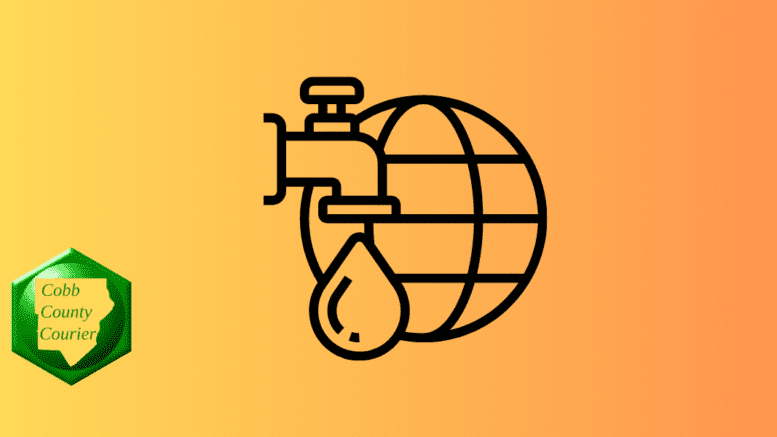Cobb County announced that a grease spill from a manhole prompted it to request that the City of Acworth close Cauble Park beach until tests are run for water safety.
Testing is underway, and the county expects the results to be ready by Sunday.
Below are two announcements from the county. The first, more recent, announcement is from Cobb County’s official Facebook page. The second is the more detailed (but earlier) announcement on the county website:
The following announcement was posted on the Cobb County website:
Cobb Water officials have asked the city of Acworth to close lake access at the Beach at Cauble Park following a sewage spill from a nearby manhole. Cobb Water crews investigating the spill noticed a fish kill in a nearby creek, which prompted the request. Crews are taking samples of the creek and nearby Lake Acworth waters for testing.
Even though the spill is well below what the state classifies as a “major spill,” the request was made out of an abundance of caution. Acworth officials are assisting in putting out the proper notifications.
The spill occurred when crews were called to a report of sewage leaking from a manhole near a creek that feeds the lake. Grease accumulation from nearby homes and businesses had blocked the line. Crews cleared the line quickly but found the fish kill during their investigation. Recent hot weather has impacted the oxygen levels in the lake, which exacerbated the concern.People are urged to avoid contact with the water near Acworth Beach until test results are available. Results are expected on Sunday.
Both commercial and residential water customers are urged to adjust their habits to avoid introducing fats, oils, and grease into the system. Fats, oils, and grease are a common cause of sewage overflows. Click here to learn more.
More information on the effect of Fats Oil and Grease (FOG) on sewer lines
The Cobb Water web page has the following explanation of how fats, oil and grease (FOG) clogs sewer lines and damages the environment:
FOG refers to fats, oil, and grease, which are the natural by-products of food preparation and cooking or baking. When poured down the drain, they can form clogs and blockages that lead to sewer overflows. Did you know FOG can also clog the sewer pipes under the streets that take the wastewater from your house to the treatment plant? If that happens, the wastewater can back up and come to the surface and pollute the environment. This can allow untreated sewage to run into the streets and into our storm drains. This is not only a human health hazard but, since storm drains flow to creeks and rivers, this can cause significant environmental damage and impact aquatic life forms. You can avoid unnecessary expense and damage to the sewer system by following a few simple rules.
